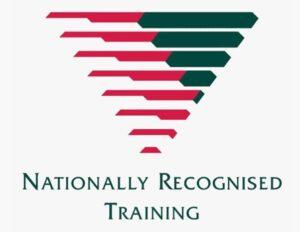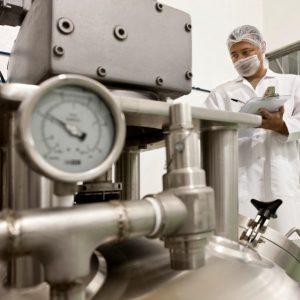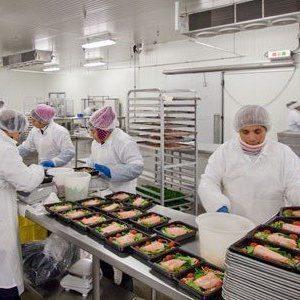Description
This course has been revised to include the 2023 Codex HACCP update and meets the formal HACCP training requirements of WW SEP, BRCGS, SQF, Coles Food Manufacturing Supplier Requirements and other relevant Standards. During this 2-day course you will learn how to apply the Codex Principles of HACCP in a practical manner. Here is a list of changes that now need to be updated in your food business:
- The 7 principles of HACCP have changed and has resulted in food businesses needing to implement more prescriptive control measures along with far more detailed validation and verification requirements.
- Food Safety Culture has now been included.
- Maintenance and cleaning now includes allergens.
- More focus on personal cleanliness, behaviour and visitors.
- Training and Competence section has been strengthened.
- There are new sections on ‘Allergen Management’ and ‘Lot Identification and Traceability.’
- Inclusion of Decision Tree
This HACCP training course is designed for a broad range of food manufacturing and processing industries.
The course includes two units of competency from the National Skills set, delivered under Third Party Agreement with Response Learning RTO No: 30879.
FBPFSY3002 – Participate in a HACCP Team covers the skills and knowledge required to participate in the development and review of a hazard analysis critical control point (HACCP)-based food safety program.
The unit applies to individuals who work under broad direction and take responsibility for their own work, including limited responsibility for the work of others, and who participate in the development of a food safety program typically limited to their immediate work area.
FBPAUD4004 – Identify, Evaluate and Control Food Safety Hazards which covers the skills and knowledge required to identify, evaluate and control food safety hazards for the purposes of validating specific control measures in a food safety program.
This unit applies to individuals who are responsible for auditing regulatory, commercial and internal food safety systems.
This unit supports relevant legislation, including food standards included in the Australia New Zealand Food Standards Code, industry codes of practice relating to validation and verification of a food safety program, and the audit requirements detailed in the National Regulatory Food Safety Auditor Guideline and Policy, and should be read in conjunction with these documents.
Regulatory food safety audits in Australia are covered by state/territory legislative frameworks that support the requirements of the National Food Safety Audit Policy 2009.
At the end of this course delegates will:
- Understand how to handle food safely.
- Understand due diligence & legal requirements as they relate to food safety laws.
- Identify food safety hazards in a food business: biological, allergenic, intrinsic and extrinsic chemical & physical food safety hazards that present a risk in food.
- Assess the food safety risk level.
- Develop prerequisite programs to eliminate or reduce food safety hazards to acceptable levels.
- Control food safety hazards in a food business.
- Identify critical control points and limits to control food safety hazards.
- Establish and validate control measures and critical limits, monitoring and recording requirements to eliminate or reduce food safety hazards to acceptable levels.
- Establish methods to monitor and control food safety hazards.
- Establish methods corrective actions.
- Develop and document the 12 steps of the HACCP Plan.
- Review and verify a food safety program.
Delivery Method
This course is delivered face-to-face in Brisbane or via Virtual Classroom at exactly the same time as the face-to-face training so all participants will actively take part in group discussions and exercises. This training does not require any downloads.
Virtual Training is delivered through the ICS Learning Management System on line or via Zoom. All virtual participants view the same material and are expected to actively participate throughout the duration of the course.
Content
- Food safety and food quality
- FSANZ Food Safety Standards
- Content of Food Safety Programs
- Development of pre-requisite programs
- Food safety hazards
- How to develop HACCP plans based on the International Codex Guidelines.
Benefits
This course is designed to provide a detailed overview of the Codex Principles of HACCP. This course also meets the formal HACCP training requirements of WW SEP, BRGSC, SQF, Coles Food Manufacturing Supplier Requirements and other relevant Standards.
2 days
People who are responsible for designing and implementing the HACCP system at their workplace.
Do not need any previous experience in HACCP – only in the food industry.
FBPFSY3002 Participate in a HACCP Team
FBPAUD4004 Identify, Evaluate and Control Food Safety Hazards
In course exam and exercises. No off course assessment.







